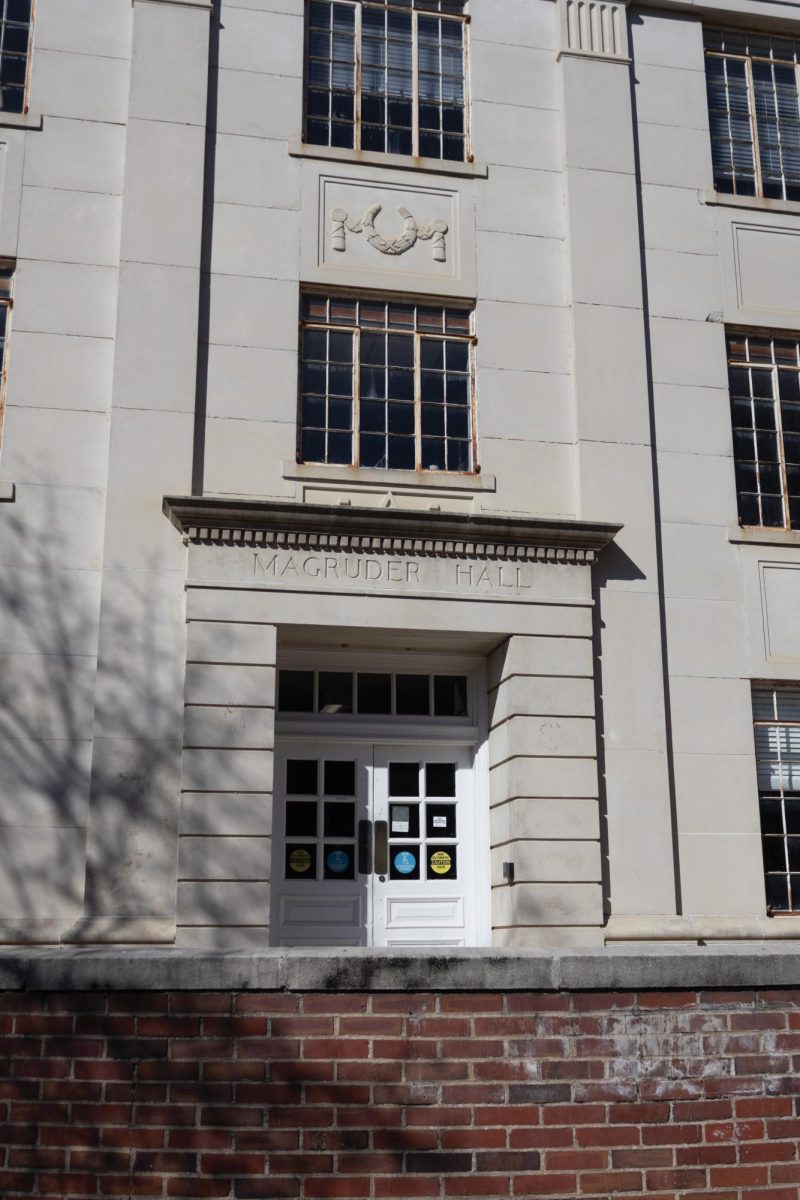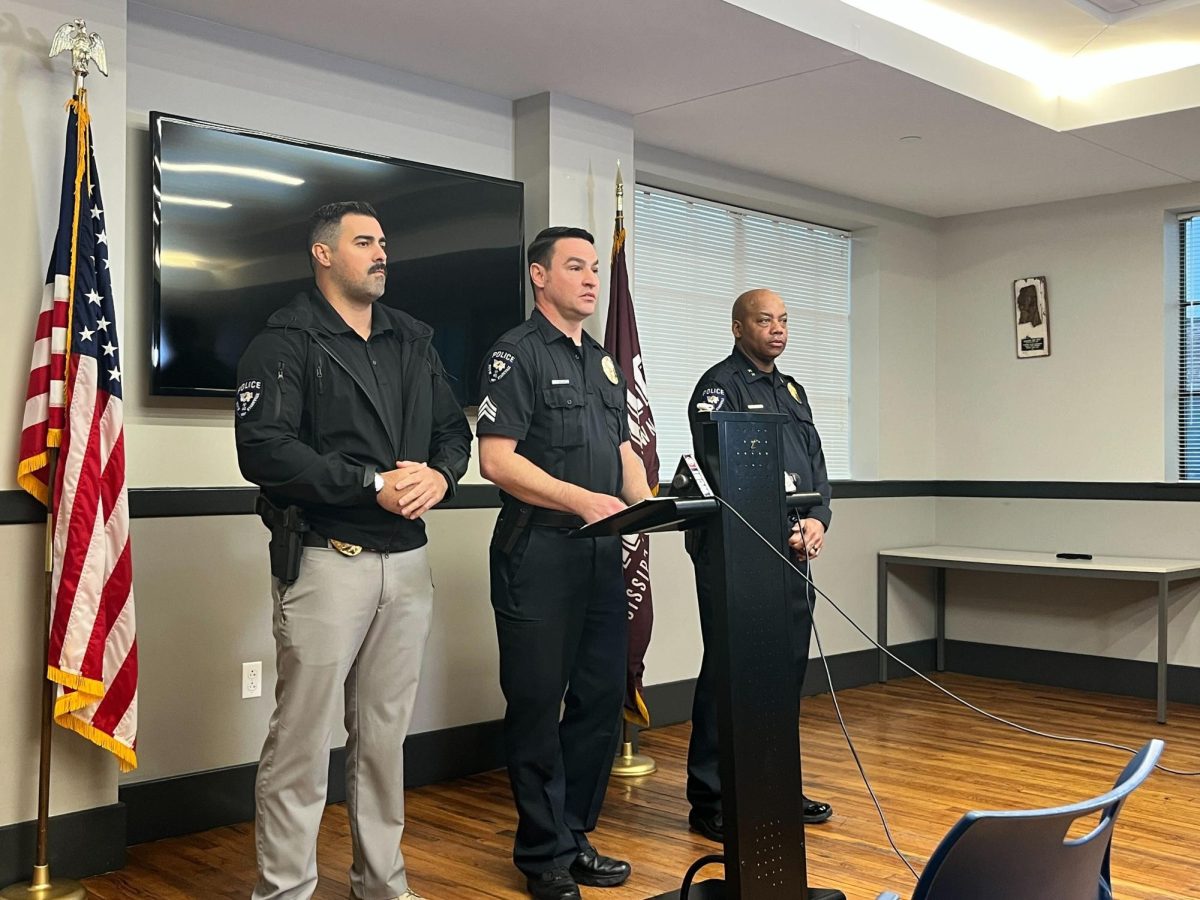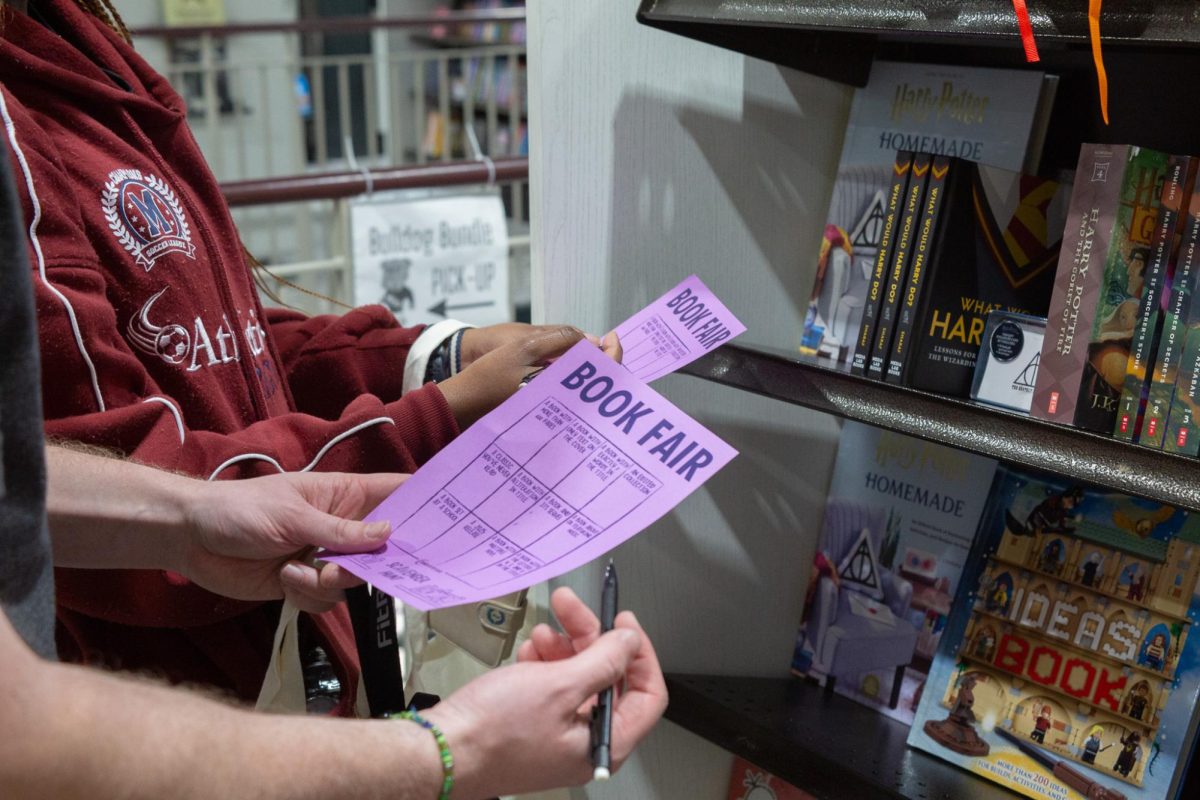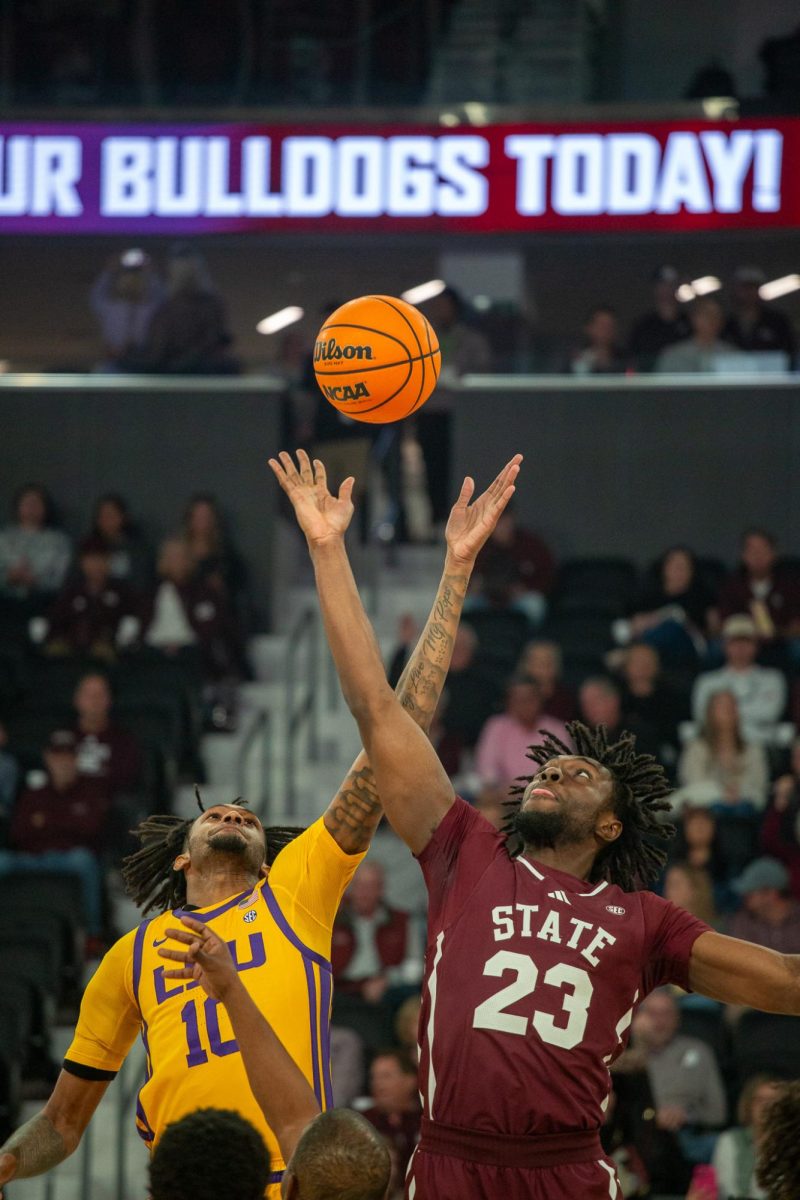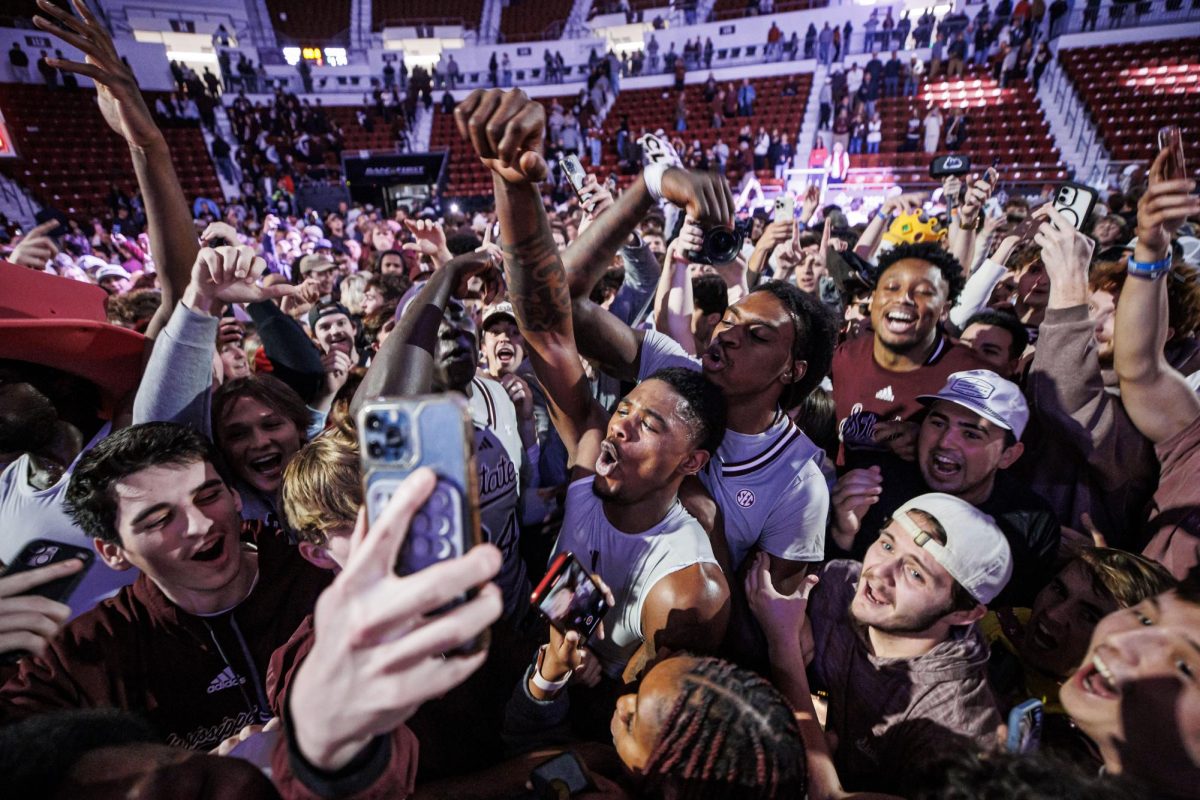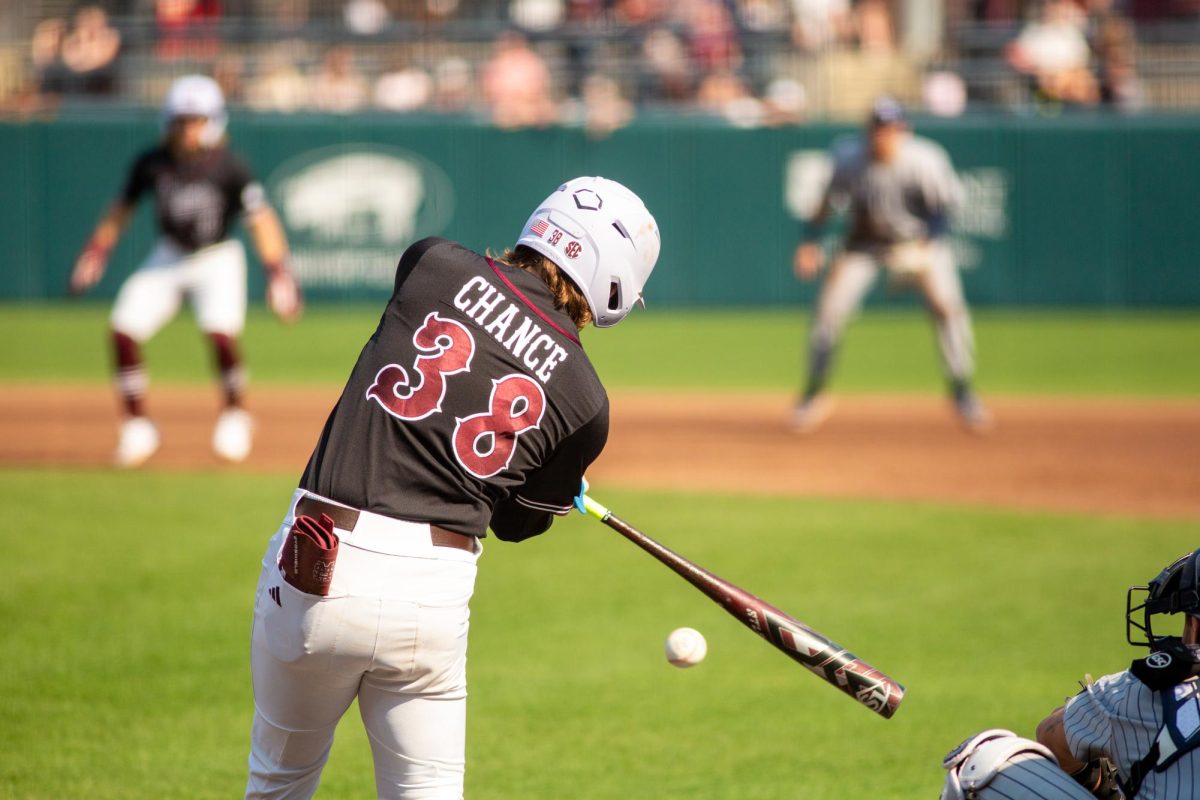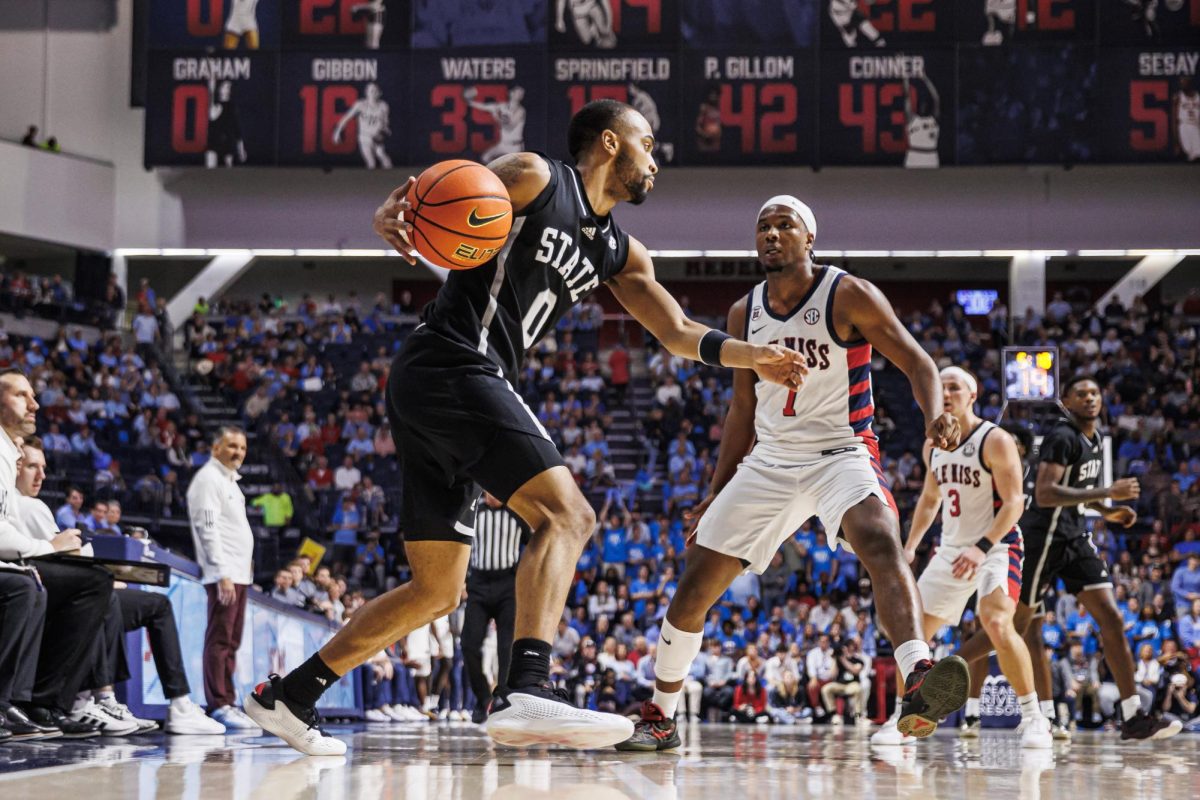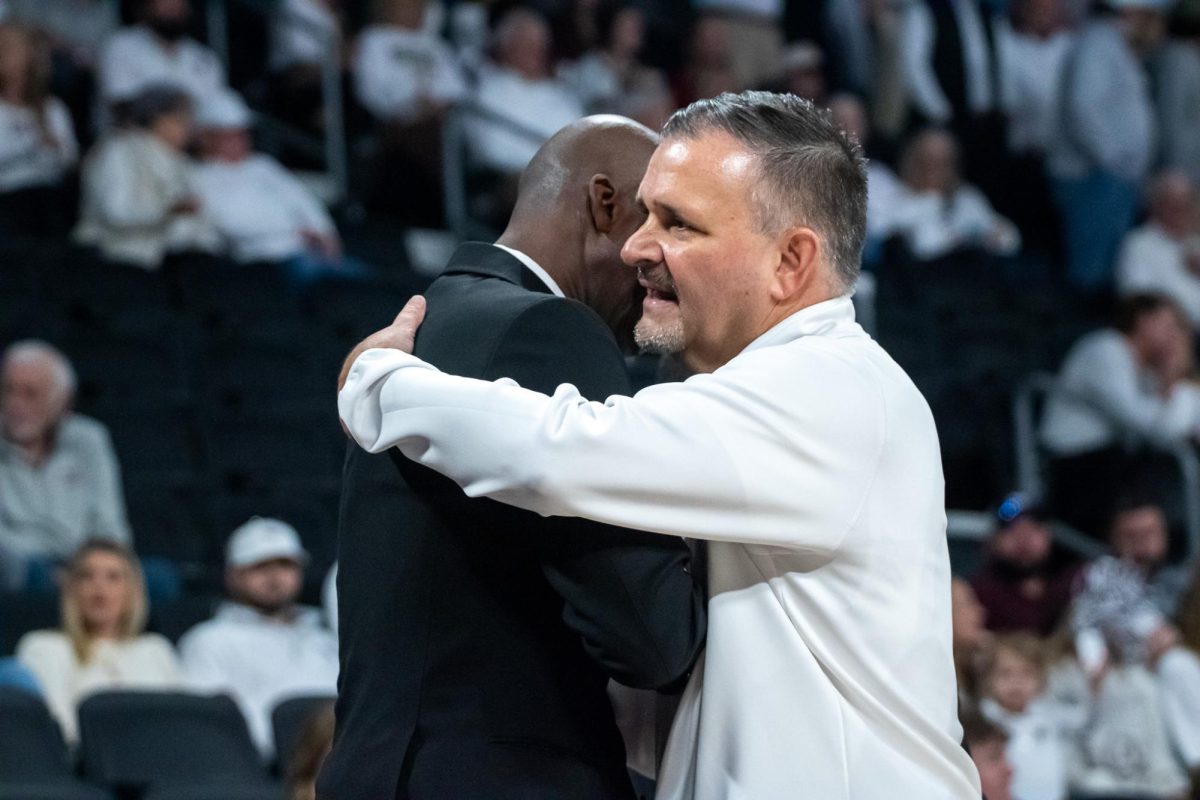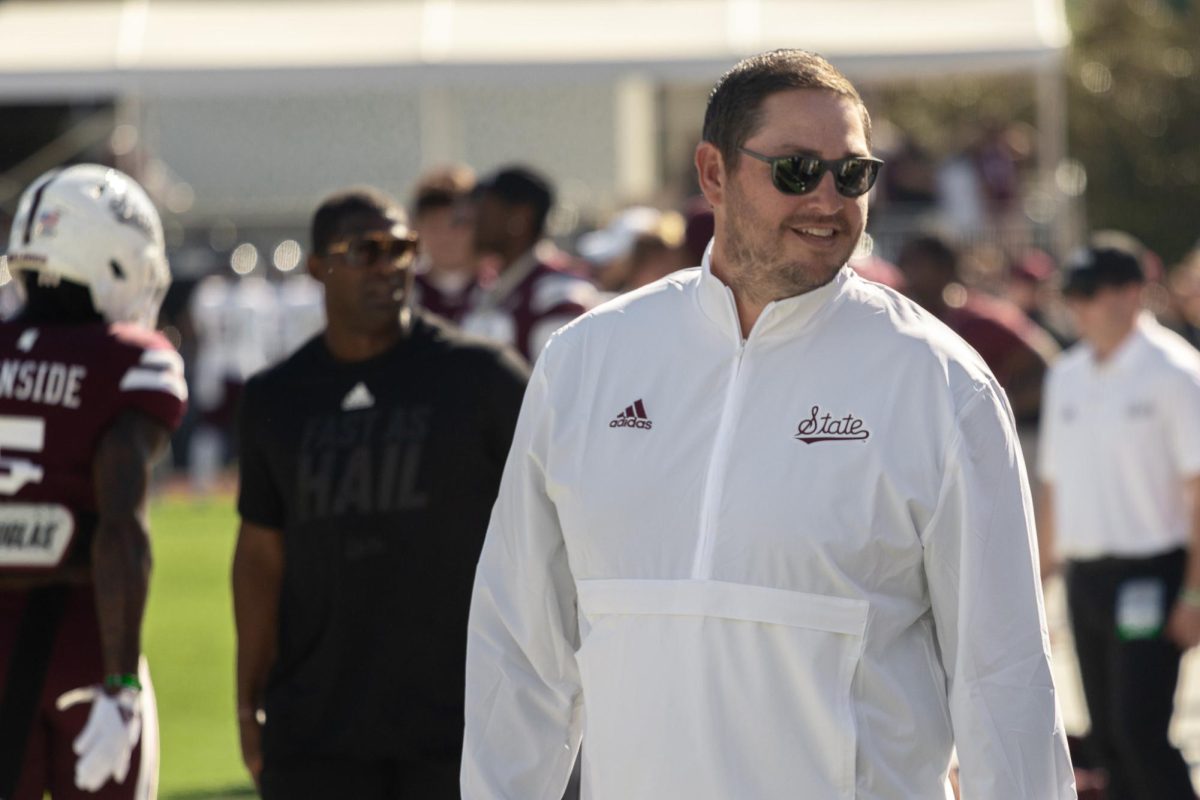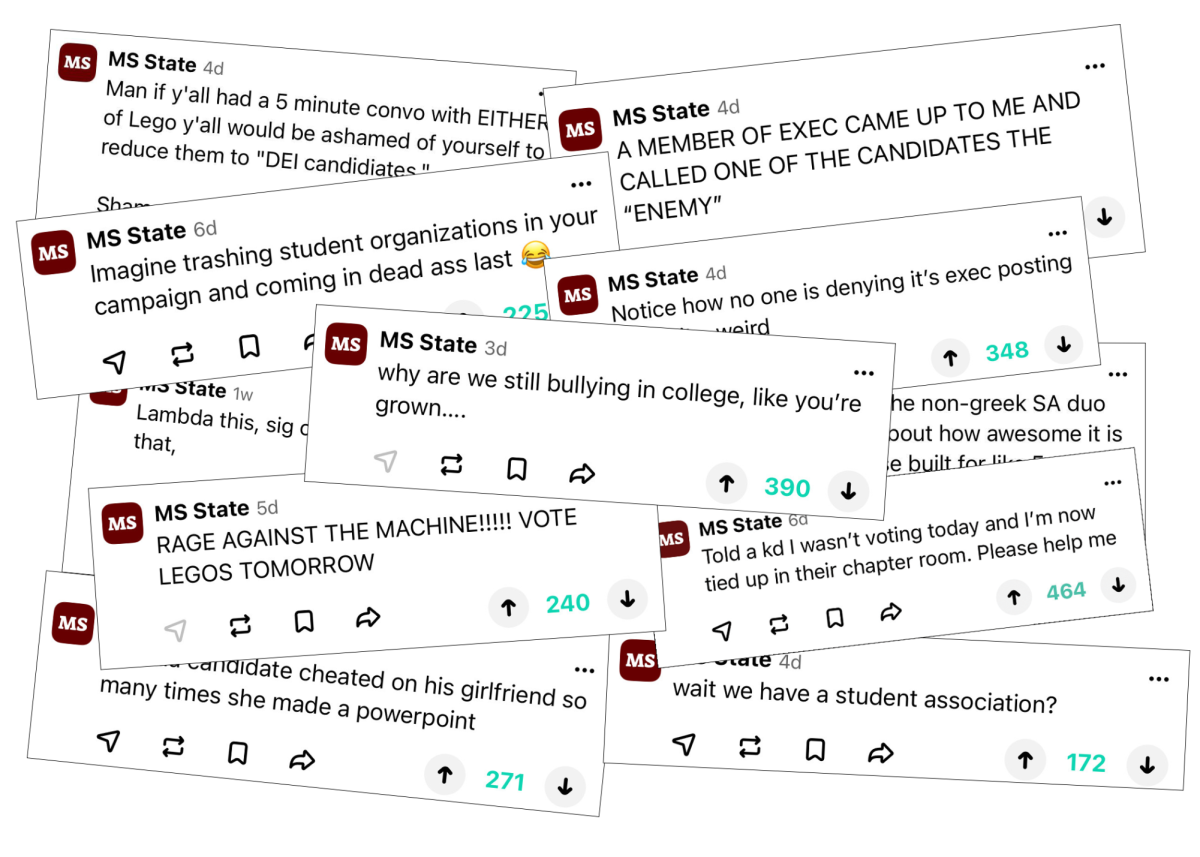Mississippians have about three months to get used to ignoring texts, tweets and emails while they’re driving, or they could face some fines.
Mississippi became the 45th state to ban texting and driving for all drivers when Governor Phil Bryant signed House Bill 389 into law on March 13.
The law prohibits writing, sending or reading text messages, as well as accessing, reading or posting to a social networking site. Beginning July 1, law enforcement will be handing out $25 fines to offenders of the texting and driving ban. This fine will quadruple to $100 on July 1, 2016.
Many say the ban is long overdue.
Studies have shown that texting while driving is the equivalent of having a 1.0 BAC, which would warrant a DUI in most states.
Despite this fatal finding, before the March 13 signing, only drivers under 18 and school bus drivers were prohibited from texting behind the wheel.
In a December study, the Mississippi Center for Health Policy estimated that a texting ban could have saved 95 lives between 2008 and 2012, as long as the police could pull over for just that offense.
This statistic is staggering, but it shouldn’t come as a surprise that in a society driven by technology, texting and driving is a common occurrence.
WAMC Action News 5 reported that in just 15 minutes, their cameras caught four drivers consumed by their cell phones, hardly paying attention to the road.
In an interview with Mississippi Public Broadcasting, Colonel Donnell Berry, the Director of the Mississippi Highway Patrol, said this type of behavior leads to accidents.
“When you travel up and down the road and you see the traffic is backing up, you see somebody texting,” Berry said. “You go out and work an accident and for no apparent reason somebody had run off the road and nine times out of 10 it’s due to texting or reading a text on a phone, not paying attention to what you are doing or where your surroundings are while you are driving.”
Society’s fascination with technology makes one question how effective this type of ban on texting and driving will be, and MSU students seem to have mixed opinions about the issue.
Madie Dean, sophomore finance major, said she doubts law enforcement’s ability to figure out if a person is really texting and driving, or if they are simply making a phone call or using their phone’s GPS, which are both legal under the new law.
“If a person is just driving down the street, they could easily tell an officer that they weren’t using their phone if they got pulled over,” Dean said.
Lauderdale County Sheriff’s Department Chief Deputy Ward Calhoun told The Meridian Star that he recognizes this issue, and like all new laws, it will take time to work out the kinks.
“It will be difficult to some degree, because basically you’re going to have to be behind them and be able to see a screen with a finger moving, and decide that they were indeed texting,” Calhoun said. “I’ve had people tell me that they will just text at a red light. If you’re sitting at a red light operating a vehicle on a road and you’re texting; then you’re still violating the law.”
Allen Tucker, senior business administration major, thinks that accident rates overall may go down as a result of the ban, but there won’t be much change in individual behavior.
“People will think the ban is effective because the only evidence they had of how many people texted and drove before the ban was from accidents,” Tucker said. “Ultimately, I don’t think it will have an affect on stopping people from texting and driving, sadly.”
However, prior studies contradict Tucker’s predictions.
The Insurance Institute for Highway Safety conducted a study in 2010 that looked at collision claims frequency in states that enacted texting bans compared with states that didn’t. The IIHS has continuously monitored claims data for changes. It’s still the same, according to Russ Rader, senior vice president of communications at the IIHS.
“There’s no question that texting while driving is distracting and dangerous,” Rader said. “Unfortunately, we have no evidence that these laws reduce crashes.”
Rader blames these results in part on the fact that cellphones are only a small fraction of what distracts drivers.
“Distracted driving is as old as driving,” Rader said. “And whether it’s putting on lipstick, or reading the newspaper, or reaching into the backseat for the MP3 player, all those things are distracting. So focusing on phone use will have limited effect on reducing crashes.”
The question of the effectiveness of this texting and driving ban is still up in the air, and it will take months after the law goes into effect for state officials to decide whether or not it can be seen as a success, but for many people like Morgan Eguia, sophomore biomedical engineering major, their mind is already made up.
“I think the law is beneficial,” Eguia said. “But I’ll do it (text) anyway.”
Despite this fatal finding, before the March 13 signing, only drivers under 18 and school bus drivers were prohibited from texting behind the wheel.
In a December study, the Mississippi Center for Health Policy estimated a texting ban could have saved 95 lives between 2008 and 2012.
This statistic is staggering, but it should not come as a surprise that in a society driven by technology, texting and driving is a common occurrence.
WAMC Action News 5 reported in just 15 minutes, their cameras caught four drivers consumed by their cell phones, hardly paying attention to the road.
In an interview with Mississippi Public Broadcasting, Colonel Donnell Berry, director of the Mississippi Highway Patrol, said this type of behavior leads to accidents.
“When you travel up and down the road and you see the traffic is backing up, you see somebody texting,” Berry said. “You go out and work an accident and for no apparent reason somebody had run off the road and 9 times out of 10 it’s due to texting or reading a text on a phone, not paying attention to what you are doing or where your surroundings are while you are driving.”
Society’s fascination with technology makes one question how effective this type of ban on texting and driving will be, and MSU students seem to have mixed opinions about the issue.
Madie Dean, sophomore finance major, said she doubts law enforcement’s ability to figure out if a person is really texting and driving, or if he or she is simply making a phone call or using his or her phone’s GPS, which Dean said are both legal under the new law.
“If a person is just driving down the street, they could easily tell an officer that they weren’t using their phone if they got pulled over,” Dean said.
Lauderdale County Sheriff’s Department Chief Deputy Ward Calhoun told The Meridian Star he recognizes this issue, and like all new laws, it will take time to work out the kinks.
“It will be difficult to some degree, because basically you’re going to have to be behind them and be able to see a screen with a finger moving, and decide that they were indeed texting,” Calhoun said. “I’ve had people tell me that they will just text at a red light. If you’re sitting at a red light operating a vehicle on a road and you’re texting; then you’re still violating the law.”
Allen Tucker, senior business administration major, thinks accident rates overall may go down as a result of the ban, but there will not be much change in individual behavior.
“People will think the ban is effective because the only evidence they had of how many people texted and drove before the ban was from accidents,” Tucker said. “Ultimately, I don’t think it will have an effect on stopping people from texting and driving, sadly.”
However, prior studies contradict Tucker’s predictions.
The Insurance Institute for Highway Safety conducted a study in 2010 that looked at collision claims frequency in states that enacted texting bans compared with states that didn’t. The IIHS has continually monitored claims data for changes. It is still the same, according to Russ Rader, senior vice president of communications at the IIHS.
“There’s no question that texting while driving is distracting and dangerous,” Rader said. “Unfortunately, we have no evidence that these laws reduce crashes.”
Rader blames these results in part on the fact that cellphones are only a small fraction of what distracts drivers.
“Distracted driving is as old as driving,” Rader said. “And whether it’s putting on lipstick, or reading the newspaper, or reaching into the backseat for the MP3 player, all those things are distracting. So focusing on phone use will have limited effect on reducing crashes.”
The question of the effectiveness of this texting and driving ban is still up in the air, and it will take months after the law goes into effect for state officials to decide whether or not it can be seen as a success, but many peoples minds are already made up, like sophomore biomedical engineering major Morgan Eguia.
“I think the law is beneficial,” Eguia said. “But I’ll do it (text) anyway.”
Categories:
Texting while driving banned, students discuss
Savannah Taggart
•
March 30, 2015
0
Donate to The Reflector
Your donation will support the student journalists of Mississippi State University. Your contribution will allow us to purchase equipment and cover our annual website hosting costs.
More to Discover




